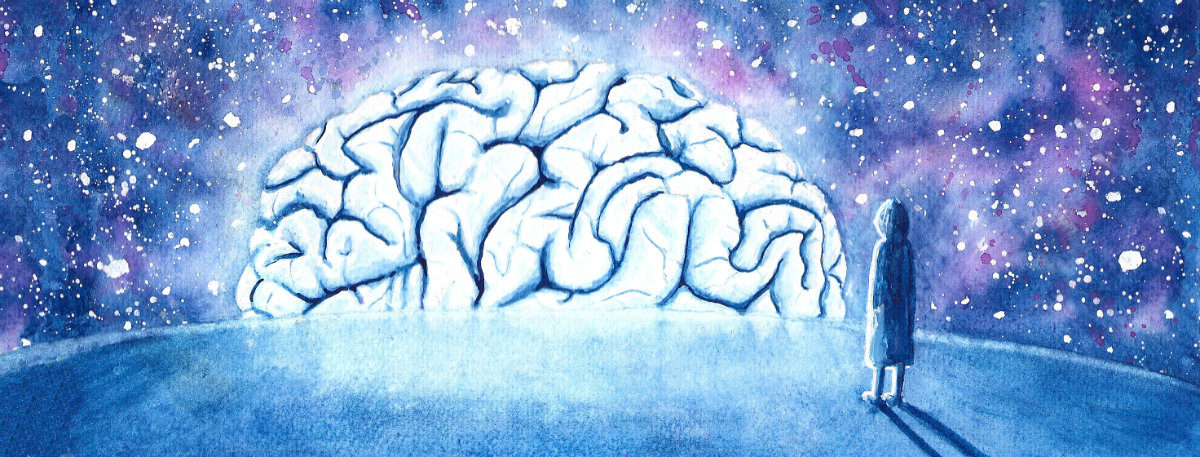Well, unfortunately. Stroke survivors, in this sphere, are in the doghouse too. Insomnia after a stroke is more common than among healthy people.
Who would have expected? ; )
You know what? I am writing this text at 5 a.m., so there is a grain of truth in it. : )
It`s our tough luck. At last, you have a little time to sleep off toils of life after a stroke and over half of us suffer from insomnia. Studies have shown that stroke survivors generally:
- fall asleep with more difficulty (mememe!)
- wake up more often (also me!)
- suffer from a lower quality of sleep (probably me…
- fall asleep for a nap harder (is it me?).
Ok, I admit. I had problems with sleep before the stroke too. But periodical. Now, if I sleep through the night, I jump (mentally of course ;p) with joy.
 The studies mentioned in this article, unfortunately, indicate that stroke survivors suffer from this problem for a long time.
The studies mentioned in this article, unfortunately, indicate that stroke survivors suffer from this problem for a long time.
Obviously, insomnia lowers cognitive skills of learning, remembering, orientating in space… Of everybody. But forgive me – stroke survivors have more serious troubles with it. Just let me haggle.
Insomnia is a nightmare also for the „healthy” (well, insomnia is an illness too…). Everyone who has happened to sleep badly a few nights in a row knows what torment it is. For a person after a stroke, it is even doubly harder.
Why? Because our brains and bodies use enormous amounts of energy to learn various things and function normally. And everything rebuilds and rests during a sleep. But lack of a (good) sleep, unfortunately, allows neither to regenerate at night nor to rest properly.
Perhaps it is another brick for just being sleepy during a great part of a day. The studies also indicate that, damn, insomnia after a stroke causes more difficulties in taking naps.
„Whaaaaat?” I thought at the beginning. But I could sleep whole days. But then a thought came to me that, despite the noticeable tiredness, I very rarely take even a nap. I often lay and calm down and that`s it. And when I finally fall asleep I love it. I admit. My naps are often just a rest for muscles, tired body and overworked, stressed head.
I would like somebody to examine the quality of my sleep like these volunteers from the study.
You can probably see now why I wanted to work from home. These (shorter than some time ago!) naps still rescue me.
Another thing is that one of my friends told me some time after my stroke that she had never seen me so well-rested before.
